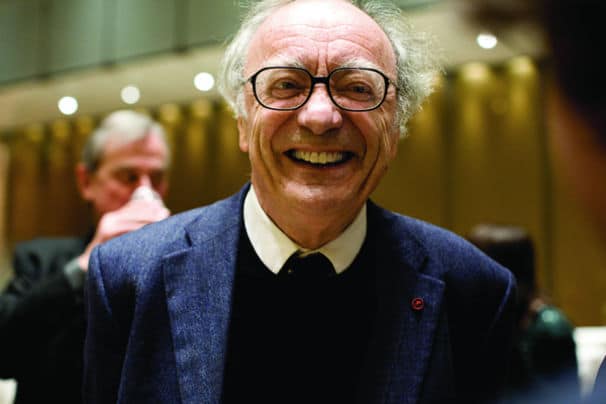Alfred Brendel, almost 90, has Goethe on his mind
mainThe retired pianist has an essay in the FAZ today on Goethe, music and irony.
Test your German.
Take your time.

Sample: Despite his encyclopedic interests, his enormous work as an author, his responsibility for the University of Jena and his state duties, Goethe’s connection with music was hardly ever interrupted. His incantation that one should never read, always sing, is to be taken almost literally. Many of his poems were already connected to music in the imagination. They had to be composed as quickly as possible, some of which were already tailored to existing melodies from the outset…





Comments